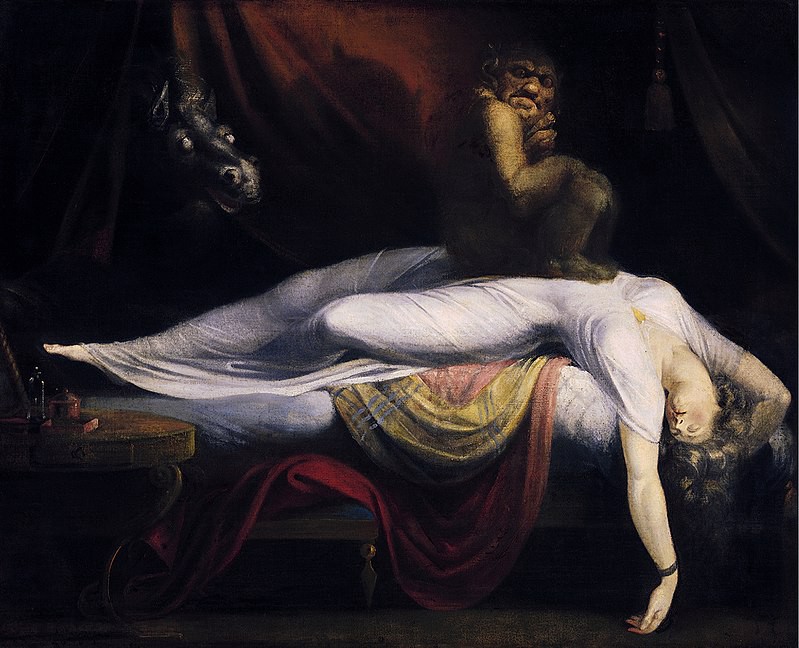The notion of the unconscious remains controversial to this day. For many, the idea of a reservoir of emotions and traumatic memory traces hidden from conscious thought seems ridiculous. Because this implies something beyond our control – something else pulling the strings so to speak, it naturally brings up a host of defences. However, since 2009 researchers are increasingly recognising the value of the unconscious. For instance, considerable work is being done to understand implicit memory. Implicit memory are those residues of memory that are both emotionally and somatically (stored in the body) based, are learned in early childhood and that influences future conscious life.
But as far back as the late 19th century, Freud was developing his theory of the unconscious. Freud felt that certain events often experienced in early childhood were so shocking in nature, that they were promptly buried deep within themselves. These experiences would later bubble to the surface in unexpected and often distressing ways. I’d suggest these invariably reveal themselves as both incomprehensible and irreconcilable, and are experienced as deeply traumatic in nature. Under examination in the clinic, these early incidents reveal themselves as fundamentally incompatible with expectation and register as shocking in nature, often being accompanied by distinct somatic and effectual responses.
Upon tripping down some stairs, a young girl observed her grandmother run for the axe beside the door. The intention at the time was to place the cold metal of the axe against the wound to bring down the swelling. However, as a five year old, this act could only signify malicious intent, simply that her grandmother intended to kill her. Two possible meanings. While the first remains benign, the second remains profoundly jarring and produces deeply physical responses, whose effects continue to be experienced well into her later life.
This is where Jacques Lacan, the prominent French philosopher and psychiatrist, writing in the 50’s to the 70’s made an analysis of the unconscious into a science. Lacan suggested that the unconscious reveals itself in a number of key ways, through dreams, jokes and through lips of the tongue. It is the last of these that is perhaps the most revealing. Meaning to say Tuesday instead of Thursday for instance when describing the events of the week, alluded to a troubling encounter, whose themes resonate to early childhood experiences of rejection and betrayal.
There are two important themes worth noting here. The unconscious is language based, which is to say that although that influential memories are related through language. Also the unconscious reveals itself via idiosyncrasies in language, meaning to say one thing but inadvertently saying another or by saying something that holds within it multiple possible meanings.
When these are explored within a session, they often bring up the same somatic residues that were originally experienced. But importantly, analysis of the unconscious brings about a shift in subjective position, towards both the past traumatic experiences, and also towards future potentially triggering events. This type of work also consolidates one’s sense of self and purpose and increases a felt sense of resilience. Invariably, this type of work involves exploring deeper questions such as ‘what is my purpose’, ‘why do these things continue to happen’ and ‘why do I find myself with this type of person’. These types of questions generally fall outside the ambit of traditional psychological treatments, but I’d argue have more far reaching implications.
Psychoanalysis is evidence based and has been shown to confer longer lasting effects than traditional psychological treatments, such as CBT. By bringing these unconscious thoughts and feelings to the surface, they lose much of their power. We also examine their compatibility with present moment life and relationships. I have written more extensively about the efficacy of Psychoanalysis in another my blog posts.
It is a unique form of therapy that simply invites the person to speak – freely, about thoughts and feelings that are in the present moment, without fear of judgement. This is not as easy as it sounds, and can take some time to loosen internal constraints. However, when this occurs, and with the guidance of a Psychoanalyst, these unconscious narratives begin to gradually trickle to the surface, irrevocably changing our sense of self and our relationship to others.

Recent Comments